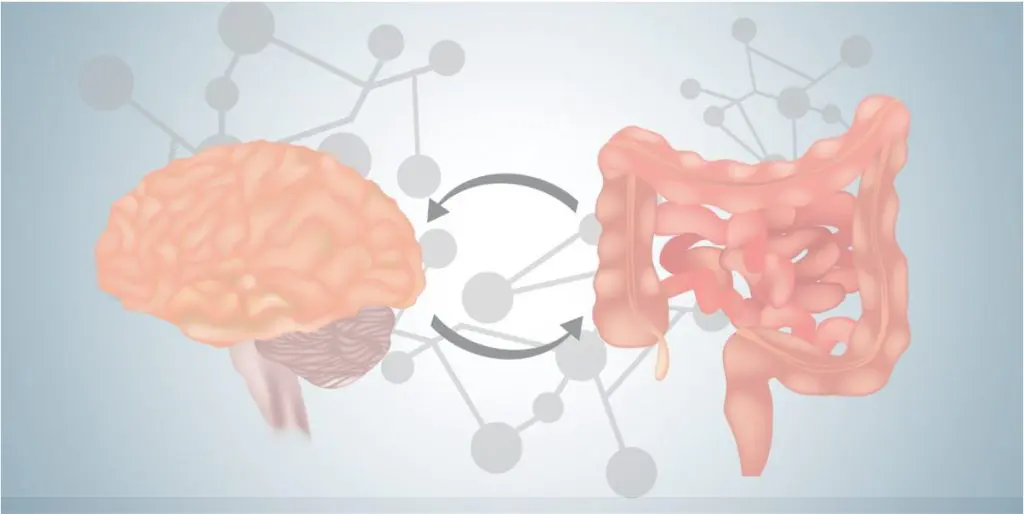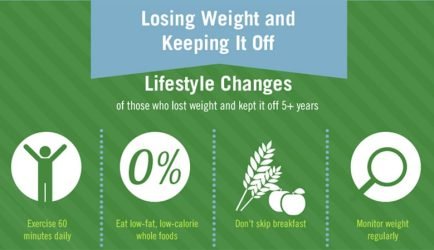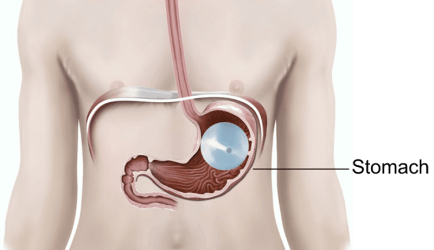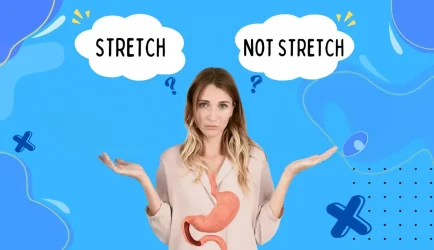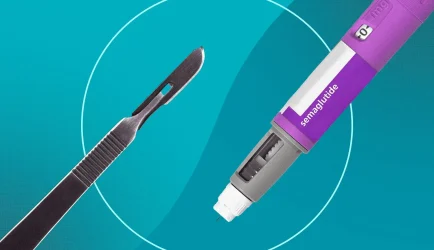Is the ADHD Obesity link real?
The obesity pandemic is well known to our society. It is no surprise that Obesity impacts the physical, mental, social and even economic aspects of an individual’s life. Multiple studies support the relationship between ADHD and obesity in adults. ADHD is a neurodevelopmental disorder characterized by symptoms of inattention, hyperactivity, and impulsivity. It affects both children and adults and can have significant impacts on daily functioning and quality of life. It has an estimated community prevalence between 2% and 7%, with an average of around 5% and a male predominance. The exact cause of ADHD is not fully understood, but it is believed to involve a combination of genetic, environmental, and neurological factors.
The relationship between ADHD and obesity can primarily be interpreted in the light of impulsivity and emotional dysregulation with a low tolerance for delay and frustration. Besides this, obese individuals are also known to have impaired metabolic sensing associated with decreased insulin sensitivity, which has been shown to affect their behavioural choices (also called associative learning).
The Gut Microbiome and ADHD

Another player that makes the interplay between obesity and ADHD even more intriguing is the gut microbiome. The interaction between the Gut microbiome, Obesity and ADHD, has been extensively researched and still remains puzzling.
The stresses of modern life and the need to ‘de stress’ with convenience and comfort driven food choices takes its toll on the gut microbiome. These processed foods rich in hydrogenated oils and sugars exert an adverse impact on the gut microbiome creating a state of dysbiosis. As evidenced by many studies, this is characterised by an imbalance in the omega-3: omega-6 Poly Unsaturated Fatty Acids (PUFA) ratio. This imbalance leads to a state of neuroinflammation and consequent disruption in the nervous (dopamine seeking) system through the Gut-Brain Axis (GBA). Disruption of the this system is one of the core factors contributing to ADHD symptoms1.
What can you do based on current evidence?

Managing obesity can play a significant role in alleviating symptoms of Attention Deficit Hyperactivity Disorder (ADHD). Emerging research suggests that obesity and ADHD often coexist, with each condition potentially exacerbating the other. By addressing obesity, individuals with ADHD can experience notable improvements in their symptoms and overall quality of life.
Here are some practical suggestions that you can consider .
- Nutrition:

Maintaining a healthy weight through a balanced diet and regular exercise can improve brain function. Nutrient-rich foods ( fruits ,berries, nuts and green leafy vegetables) provide the essential vitamins and minerals that support cognitive health, leading to better concentration and reduced hyperactivity.
- Exercise:

Physical activity, in particular, stimulates the release of neurotransmitters such as dopamine and serotonin, which are crucial for attention and mood regulation.
- Sleep regulation:

regular exercise and a healthy diet help to regulate sleep patterns. Many individuals with ADHD struggle with sleep disturbances, which can be worsened by obesity. Improved sleep quality enhances focus, mood stability, and overall cognitive function, thereby mitigating ADHD symptoms.
- Looking after mental health:

managing obesity reduces the risk of co-occurring conditions such as depression and anxiety, which are common in individuals with ADHD. A healthier lifestyle can foster a positive self-image and boost self-esteem, leading to a more proactive approach to managing ADHD.
- Seek professional advice:

It is crucial to speak to your medical team on how best to manage these two conditions for you. No two individuals are the same in how they experience symptoms of ADHD and following professional advise is the best way to move forward.
In essence, tackling obesity can create a positive feedback loop. Enhancing you physical health leads to better mental health, which in turn makes it easier to adopt and maintain healthy habits. Thus, addressing obesity is a powerful strategy for managing ADHD symptoms and improving overall well-being.
References

